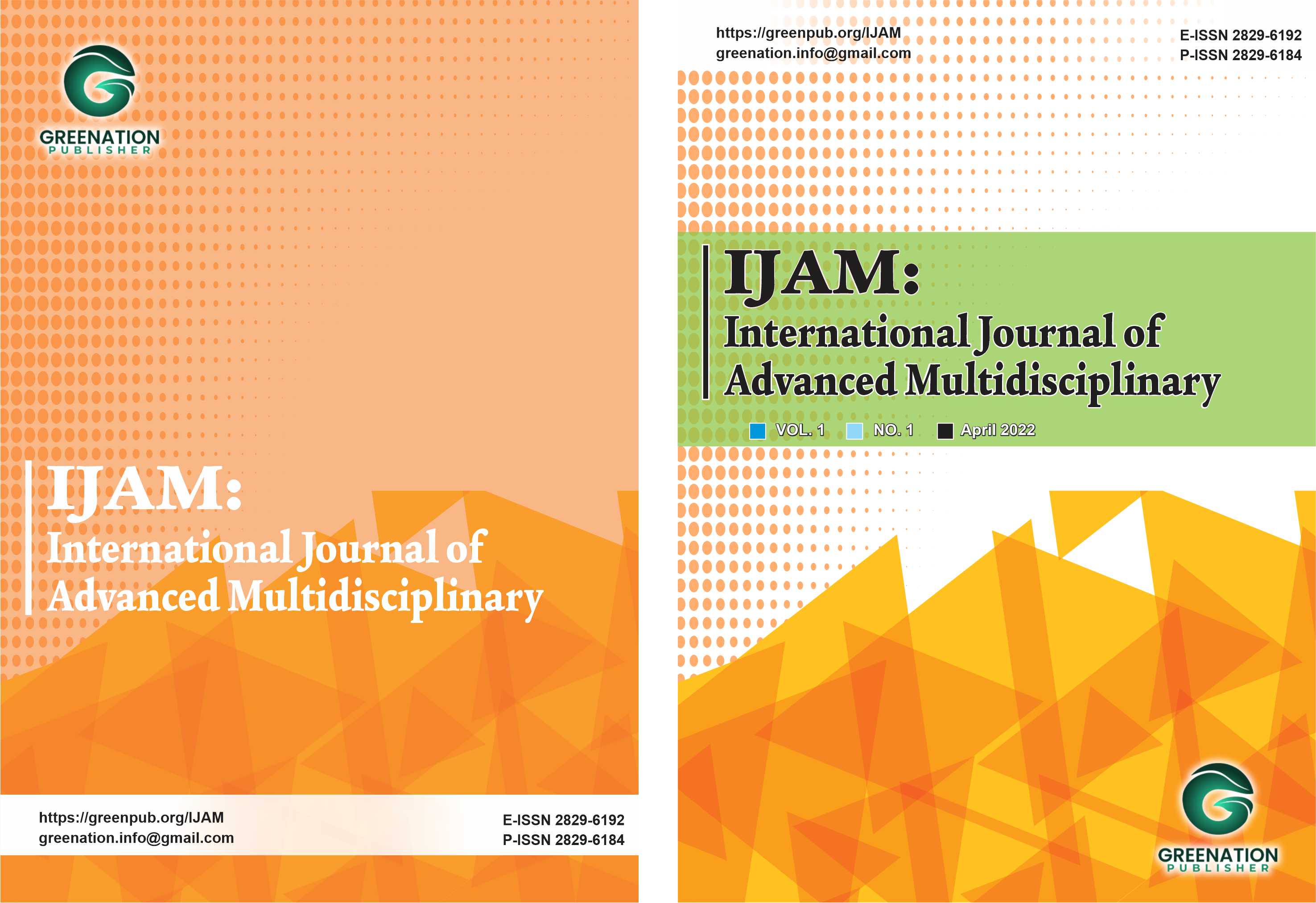What Factors Affect Expenditures of Goods Services For Infrastructure In Indonesia
DOI:
https://doi.org/10.38035/ijam.v1i4.159Keywords:
Shopping, Infrastructure, Economic GrowthAbstract
This study identifies and analyzes the factors that influence infrastructure spending and their impact on regional economic growth in Indonesia. This study is based on cross-sectional data covering 32 provinces in Indonesia with time series 2008-2020 using multiple regression analysis models and simple regression panel data. The results of the study show that the Provincial Minimum Wage, Construction Support Workforce Growth, Regional Own Revenue and Total Provincial Government Expenditure are factors that have a significant influence on the allocation of goods/services expenditure for infrastructure. Meanwhile, the Construction Sector Workforce Growth factor and Gross Regional Domestic Product do not affect the allocation of goods/ services expenditure for infrastructure. The results of the study show that the allocation of goods/services spending for infrastructure has a significant negative effect on economic growth. When infrastructure spending increases by 1 million rupiah, economic growth will decrease by 8.58e-07 or 0.000000858%. While the implications of the results of this study should be that the central and regional governments prioritize spending on goods/services for infrastructure with programs related to reducing poverty and unemployment. Productive infrastructure development and maintaining the quality of work results.
References
Case, Karl E, Fair, C Ray. 2004. Principles of Macroeconomics. Gramedia : Jakarta.
Dumairy. 2006. Indonesian Economy. Elangga: Jakarta
Hasnul, A. 2015. “Effect of Government Spending on Economic Growth : Malaysian Case”, Paper MPRA No. 71254.
Keynes, JM. 1936. The General Theory of Work, Interest and Money. Pallgrave : MacMillan
Kodoatie, RJ. 2003. Infrastructure Management and Engineering. Student Libraries : Yogyakarta.
Mankiw. 2006. Macroeconomics. Sixth Edition. Salemba Empat : Jakarta.
Roos, R. 2012. Sustainable Public Procurement : Briefing Notes. Discussion paper prepared on Behalf of the UN Procurement Capacity Development Center and the UN Environmentprogramme http://www.unpcdc.org/media/390120/spp_brief_en_2012-02-06.pdf
Suescún, R. 2007. “The Role of Fiscal Policy in Development and Growth Man". LAC Regional Study, Latin America and the Caribbean Region : World Bank.
Sukirno, Sadono. 2000. Modern Macroeconomics : The Development of Thought From The Classics Until The New Keynesian. Raja Grafindo Library : Jakarta.
Sukurno, Sadono. 2015. Macroeconomic Theory Introduction. Rajawali Press : Jakarta
Wagner, A. 1893. Finanzwissenschaft (2nd and 3rd ed.) Leipzig. Partially Printed Repeated in Classics in the Theory of Public Finance : RA Musgrave and AT Peacock. London: MacMillan.
World Bank., 1995. Public Procurement Reform,Washington DC: World Bank.
Downloads
Published
How to Cite
Issue
Section
License
Authors who publish their manuscripts in this journal agree to the following conditions:
- The copyright on each article belongs to the author(s).
- The author acknowledges that the International Journal of Advanced Multidisciplinary (IJAM) has the right to be the first to publish with a Creative Commons Attribution 4.0 International license (Attribution 4.0 International (CC BY 4.0).
- Authors can submit articles separately, arrange for the non-exclusive distribution of manuscripts that have been published in this journal into other versions (e.g., sent to the author's institutional repository, publication into books, etc.), by acknowledging that the manuscript has been published for the first time in the International Journal of Advanced Multidisciplinary (IJAM).






















